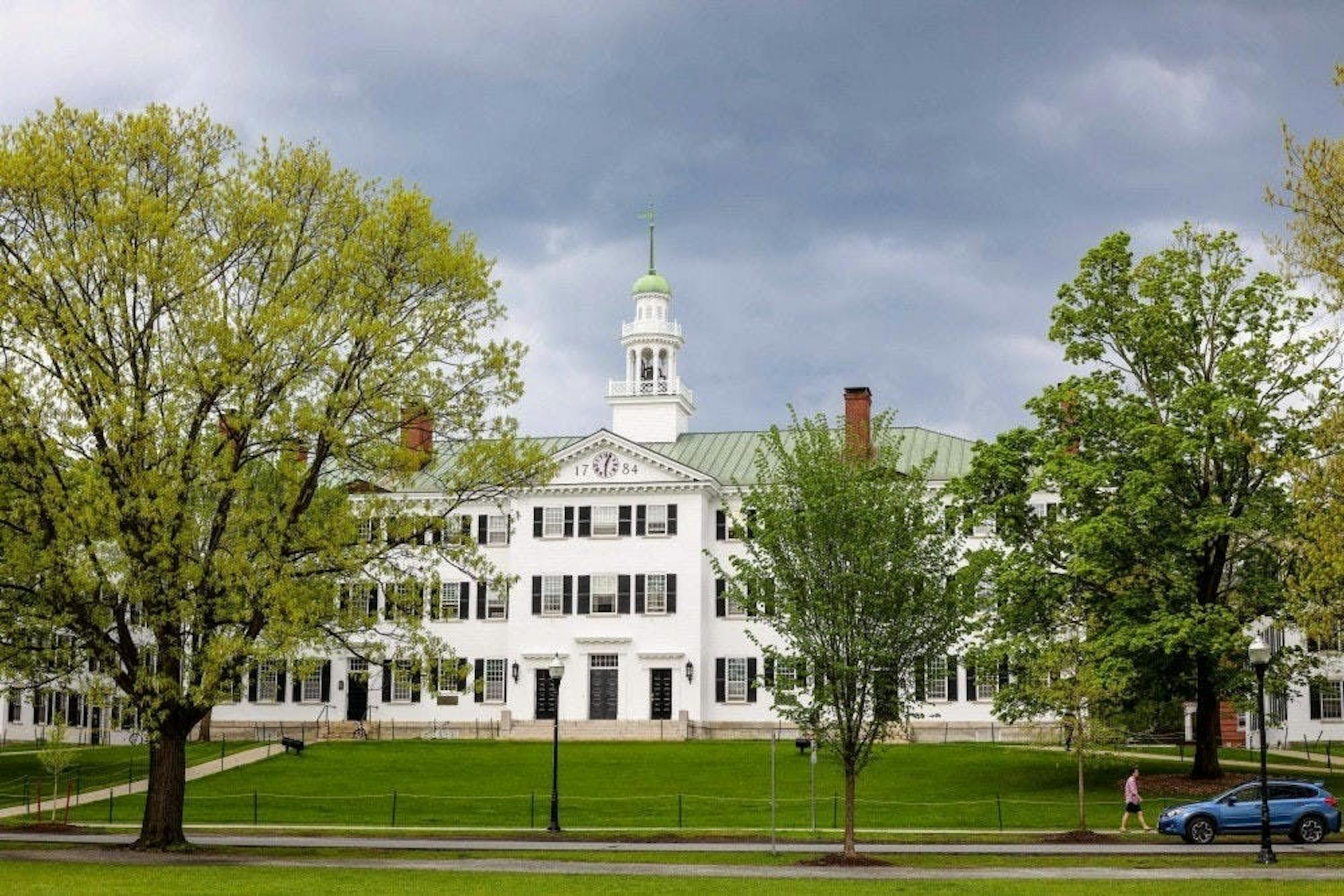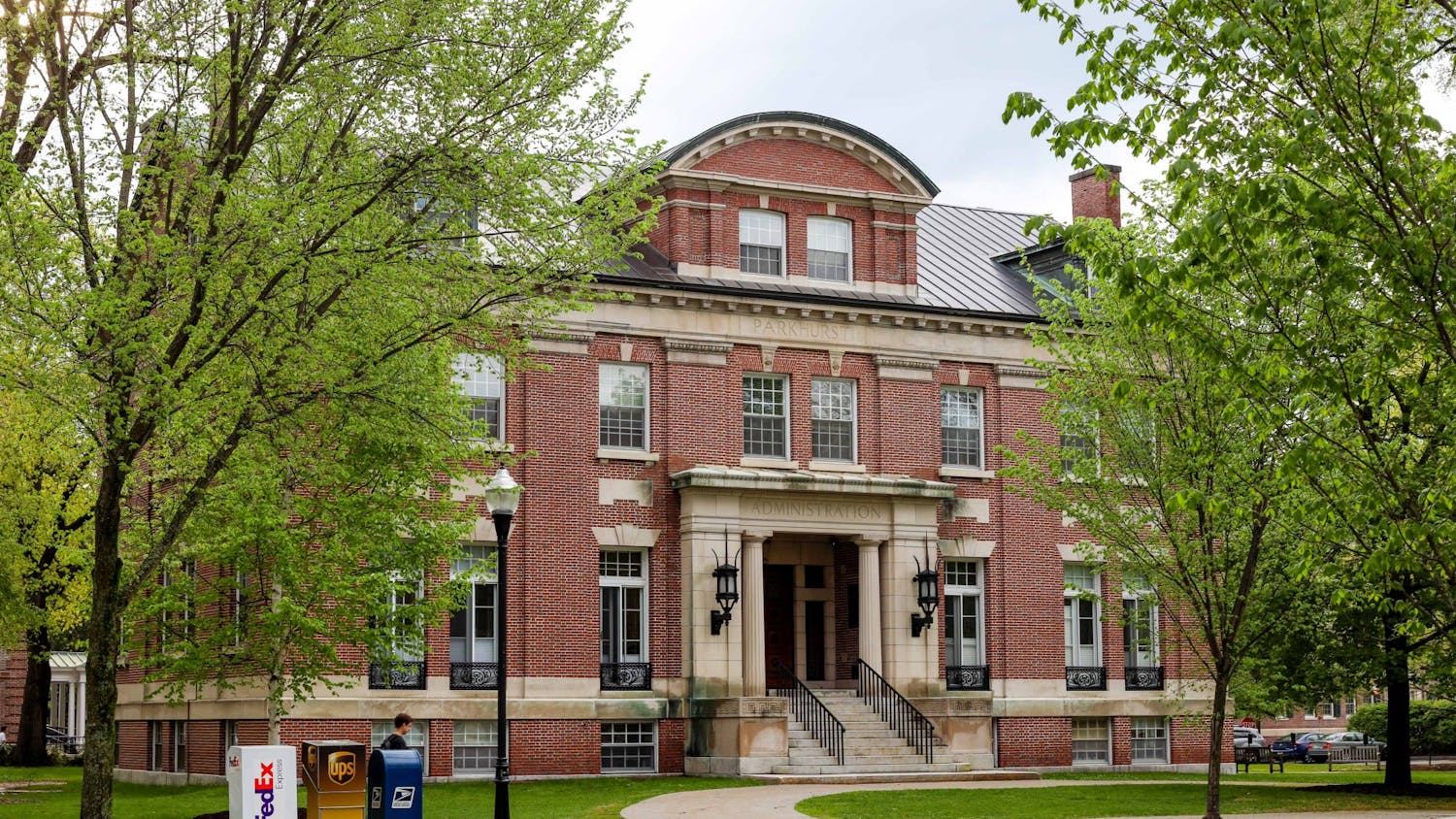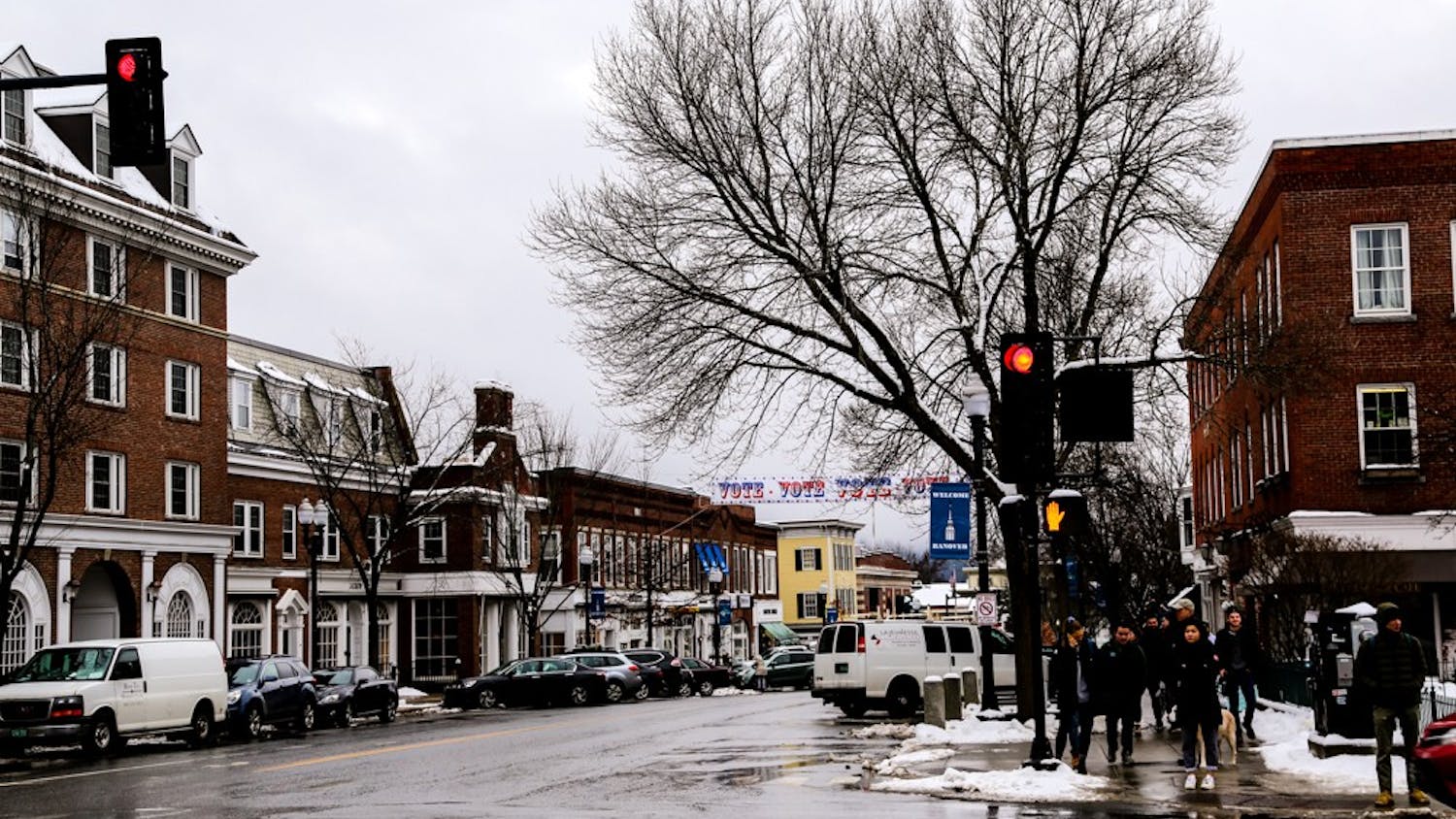International students taking spring courses remotely can maintain their F-1 and I-20 visas’ active status even if they are not in the U.S., according to the Department of Homeland Security. Ordinarily, international students taking online classes would not be able to retain their active status under F-1 and I-20 visas, the most common international student visas.
To maintain active status and legally remain in the U.S. on a student visa, international students must enroll in a minimum of three consecutive terms at Dartmouth, according to an email sent by Marcia Calloway, associate director of the Dartmouth office of visa and immigration services and advisor to international undergraduate students. On March 23, the U.S. government announced that as long as “the temporary measures related to COVID-19 are in place,” students’ online classes can count as one of the necessary consecutive terms.
The new provision allows students who plan to take classes online for the spring term to return home without worrying that their F-1 and I-20 visas might be terminated.
Before the new provision was announced, Marco Cabrera Aguilar ’21, who is currently at home in Costa Rica, flew back home with the intention of taking an off term.
“When I flew home, I was operating under the assumption that my visa was going to get canceled. I was going to apply for a new one … and I wasn’t going to take classes over the spring,” he said.
He said that he came up with his original plan on his own and then emailed Calloway, who he said was “super responsive.”
“They were super helpful. Things went smoothly, at least for me,” he said.
Under the new provision, he has been allowed to take his classes remotely.
“It’s a different world,” Aguilar said. “But it’s working … Within the realm of possibility, things are as fine as they can be. And I'm really, really grateful that it all worked out as it has.”
Aguilar said that international students’ potential health and financial challenges related to COVID-19 may be barriers in maintaining F-1 active status and qualifying for optional practical training, which permits international students to work in the U.S. for a total of 12 months before or after graduating.
International students tend to be on campus during the fall, winter and spring and take summer term off for research or an internship, due to the three consecutive term visa specifications, Aguilar said. He also said that the uncertainty surrounding COVID-19 and the way the government and schools will respond in the fall makes planning difficult for international students.
With regard to his own situation, Aguilar said that his asthma puts him at high risk if exposed to COVID-19, and this fact informed his decision to return home despite visa and OPT concerns. Because of his asthma, Aguilar said that if students are allowed to return to campus for fall term but COVID-19 remains an issue in the U.S., he will consider taking a gap year in order to qualify to work after graduation.
Carolina Lago Pena Maia ’22 — who returned back home to Brazil a week before spring term started — sent an email to OVIS. The office responded confirming that she could return home without visa complications if she was taking online classes.
Lago Pena Maia said that she may have to consider taking the fall term off, depending on how COVID-19 impacts her family.
She noted that this decision could impact her ability to maintain active F-1 visa status. If she were to take fall term as a leave term, Lago Pena Maia said that she will not have “three consecutive terms until junior summer” and therefore will not be able to work in the U.S. until the fall of her senior year.
And, she added, “If I take the senior fall off working, it means I won’t be able to work when I graduate.”
Ronald Abramson, a lawyer at Shaheen & Gordon who has visited the College on various occasions during pre-orientation to deliver presentations to international students, offered advice to students regarding visa concerns.
Abramson said his main recommendation to international students was that they let the College “know what their intentions are” in terms of future plans, in order to “make sure everything is properly papered.”
According to Abramson, withdrawing from school for COVID-19 related reasons is similar to “withdrawing for personal or medical reasons” with regard to visas, and said that “the process and criteria for it should be similar,” including filing proper College paperwork.
Abramson said that students usually run into visa issues, such as not being able to reactivate their visa, if they did not validly withdraw their visa and enrollment to the school.
In terms of the College’s support for international students with legal and visa issues, Aguilar said the College “can definitely be more proactive.” He added that the increasing international student population and the “overworked and overbooked” OVIS office play a part in the lack of available resources for international students.
Currently, Calloway is the only staff member in the OVIS office advising the undergraduate international student population.
“She’s wonderful, but she’s only one person,” Aguilar said.




